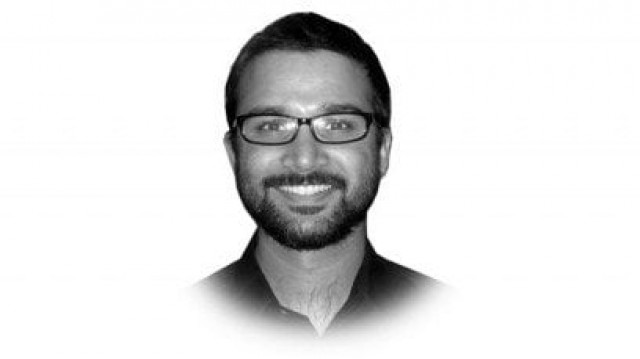Pakistan’s ideological blowback

Pakistan’s ideological blowback
Actors in Shahzad’s mould are not easily reduced to connections to a terrorist “hub”. Just over the past year, other attackers and hopefuls have spanned from Fort Hood shooter Nidal Hassan to Umar Farouk Abdulmutallab aka the Underwear Bomber, and from Najibullah Zazi the would-be New York subway bomber to Colleen LaRose aka Jihad Jane. They cut across national, ethnic and even gender lines. Like Shahzad, none of these “jihadis” actually live in a community under occupation or assault where desperate and extreme responses are more easily anticipated. They all live in the US, share a westernised lifestyle and include western converts to Islam. And they adhere to a narrow and extreme world view that justifies wholesale murder. Such Islamist actors can be analogised to the ultra-leftists of a bygone political era. The Japanese Red Army – which carried out the first suicide bombing against Israel in 1972 – as well as the Baader Meinhof gang in Germany, the Italian Red Brigades and Action Directe in France were also adept at spasmodic terrorist violence in the 1980s. The case of Ilich Ramirez Sanchez is illustrative. As the infamous Carlos the Jackal, Sanchez was the world’s most feared ultra-leftist terrorist. He has adopted Islam in prison, his ideological conversion evident in his book titled “Revolutionary Islam”, which glorifies terrorism and Osama bin Laden.
Ultra-leftist violence faded only once the ideologies that sustained it became untenable. The catalyst was the collapse of most communist and socialist political systems throughout the second and third worlds. This put into question the liberating potential of state socialism and adherence to mummified ideologies that stand outside of lived history and the spaces of democratic debate. Jihadist terrorism will also only diminish once the failure of its distorted and outmoded political ideology becomes manifest.
More than any material assistance, it is in the realm of ideology where Shahzad’s Pakistani connection is most robust. Pakistan is attractive to would-be jihadis not just because of tucked away training camps but because it provides them rich ideological terrain. The establishment has long aspired to turn Islamic theology into a mobilising political ideology, one that is imposed from above rather than demanded from below.
Pakistan on the whole remains surprisingly hospitable to Islamic radicalism. The ideological leanings of many of mosques are well known. Its mainstream political parties often espouse more extreme views than fringe parties in most other Muslim countries. Quite apart from its oft-discussed madrassahs, the public education system itself excels in teaching a warped “Islamicised history” that bears little resemblance to either subject. Most of all, since the unfortunate reign of General Yahya Khan, its all-powerful military stands on guard along its amorphous Islamic “ideological frontiers”, strengthening political forces on the far right and extinguishing democracy and dissent as it sees fit. In this light, the extremist violence engulfing Pakistan is its ideological blowback. So is Faisal Shahzad.
Published in the Express Tribune, May 14th, 2010.














COMMENTS
Comments are moderated and generally will be posted if they are on-topic and not abusive.
For more information, please see our Comments FAQ